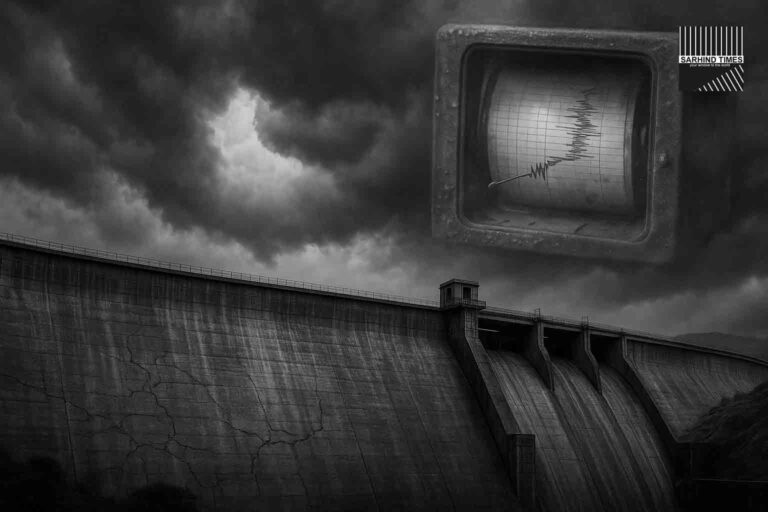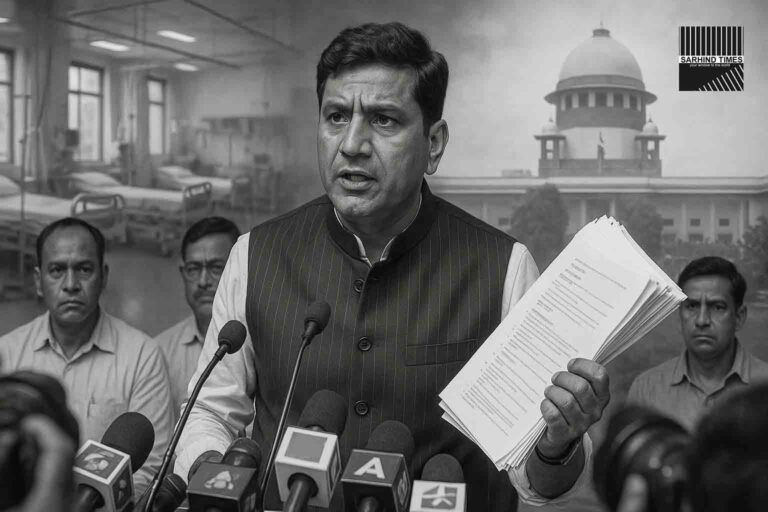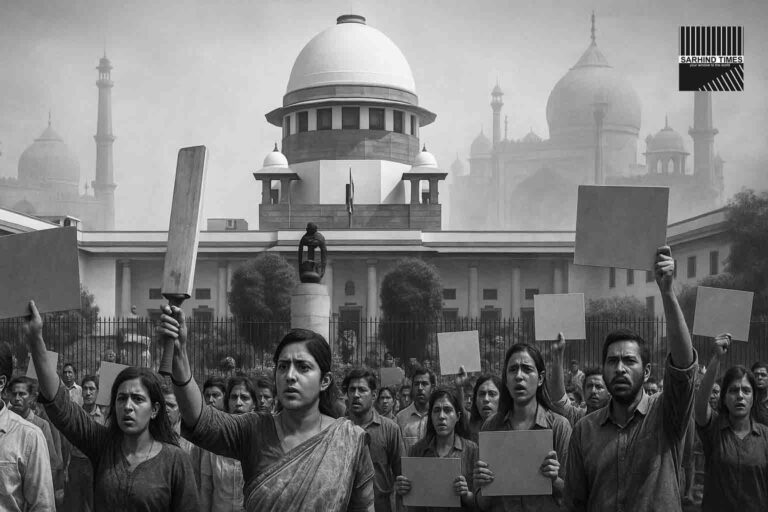New Delhi – In a significant move aimed at enhancing the administrative framework of Jammu and Kashmir, the Ministry of Home Affairs (MHA) has amended the Jammu and Kashmir Reorganization Act, 2019. These amendments, approved by President Droupadi Murmu, augment the powers of the Lieutenant Governor of the Union Territory, setting the stage for anticipated assembly elections.
The official notification issued by the MHA underscores the changes made to the Transaction of Business of the Government of Union Territory of Jammu and Kashmir Rules, 2019. These amendments, known as the Transaction of Business of the Government of Union Territory of Jammu and Kashmir (Second Amendment) Rules, 2024, came into effect on July 12, 2024, upon their publication in the Official Gazette.
Key Amendments and Their Implications
The revised rules introduce several crucial changes aimed at streamlining administrative procedures and enhancing the discretionary powers of the Lieutenant Governor. Among the key changes is the insertion of sub-rule (2A), which mandates that any proposal requiring the Finance Department’s concurrence regarding ‘Police’, ‘Public Order’, ‘All India Service’, and ‘Anti-Corruption Bureau’ must be placed before the Lieutenant Governor through the Chief Secretary. This amendment ensures that significant decisions in these critical areas are directly overseen by the Lieutenant Governor.
Additionally, new rules 42A and 42B have been incorporated, empowering the Department of Law, Justice, and Parliamentary Affairs to submit proposals for the appointment of the Advocate-General and other law officers for the Lieutenant Governor’s approval. This process involves routing the proposals through the Chief Secretary and the Chief Minister, ensuring a comprehensive review.
Rule 42B further stipulates that proposals concerning prosecution sanctions or filing of appeals must also be presented to the Lieutenant Governor via the Chief Secretary. This amendment emphasizes the Lieutenant Governor’s pivotal role in legal and judicial matters within the Union Territory.
Administrative and Governance Enhancements
The amendments also include modifications to rule 43, focusing on matters related to prisons, the Directorate of Prosecution, and the Forensic Science Laboratory. These matters are now required to be submitted to the Lieutenant Governor by the Administrative Secretary of the Home Department through the Chief Secretary. Furthermore, proposals regarding the posting and transfer of Administrative Secretaries and cadre posts of All India Services officers must be submitted to the Lieutenant Governor by the Administrative Secretary of the General Administration Department, again through the Chief Secretary.
These changes reflect a broader effort to enhance administrative efficiency and ensure that key governance decisions are subject to the Lieutenant Governor’s oversight. The principal rules, initially published in the Gazette of India on August 27, 2020, and subsequently amended on February 28, 2024, now incorporate these additional provisions to strengthen the governance framework of Jammu and Kashmir.
Context and Future Implications
The timing of these amendments is significant, coming ahead of the speculated assembly elections in Jammu and Kashmir. By augmenting the powers of the Lieutenant Governor, the central government aims to ensure robust administrative oversight and streamline decision-making processes in the Union Territory.
These developments mark a crucial step in the ongoing efforts to stabilize and enhance governance in Jammu and Kashmir. As the region prepares for potential electoral activities, the amended rules are expected to play a vital role in shaping the administrative landscape.
For more updates and detailed insights into the governance changes in Jammu and Kashmir, visit Sarhind Times.






















+ There are no comments
Add yours